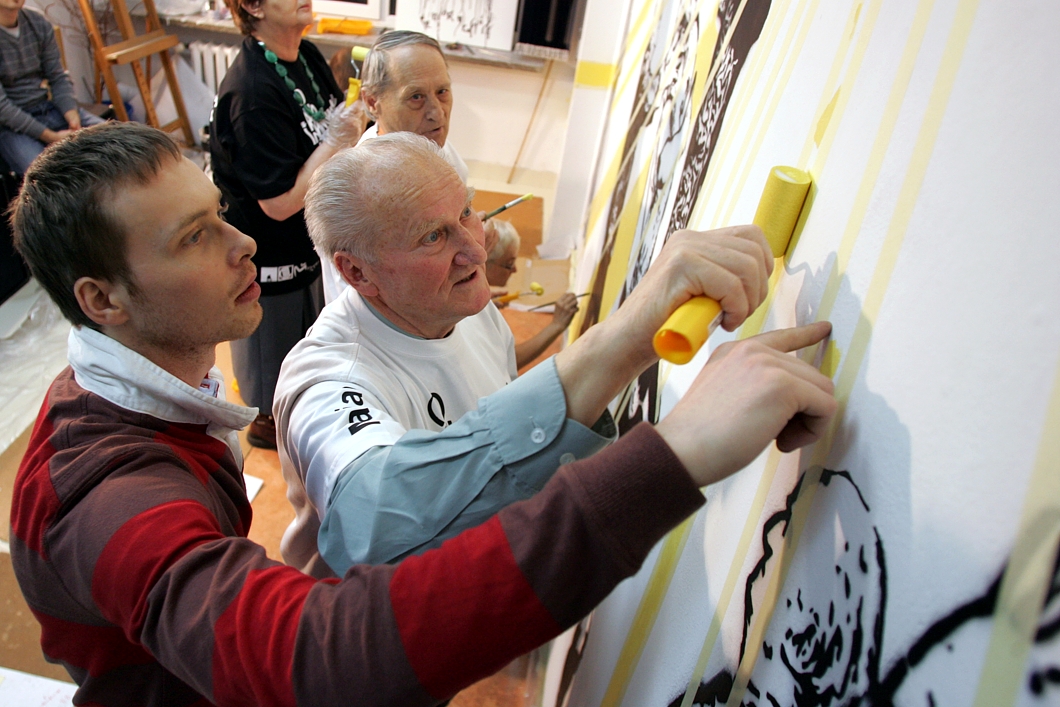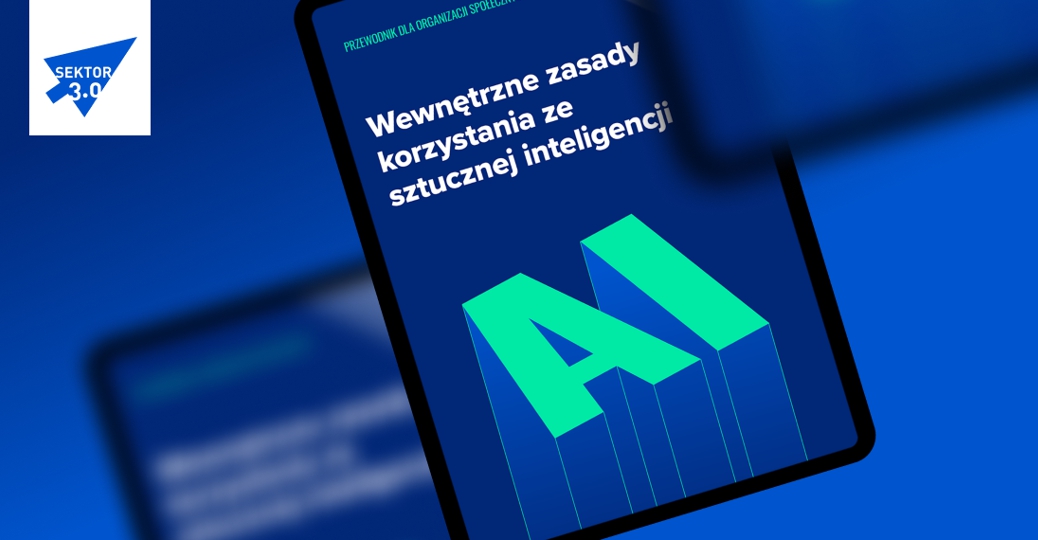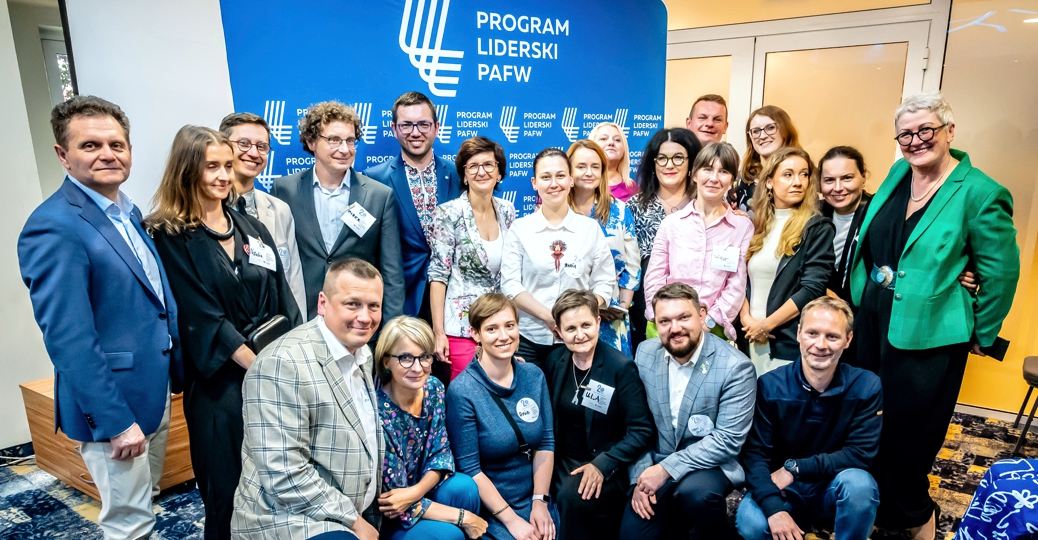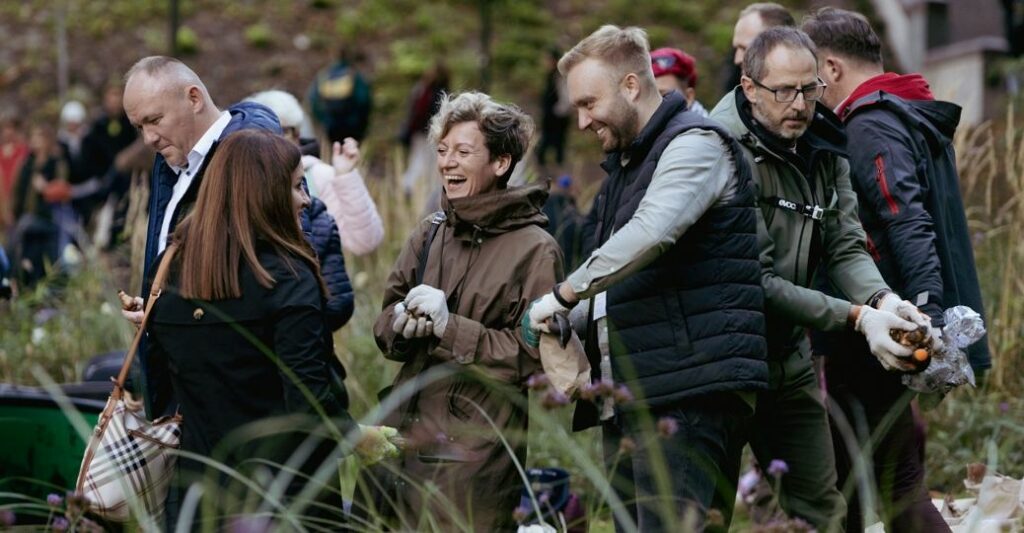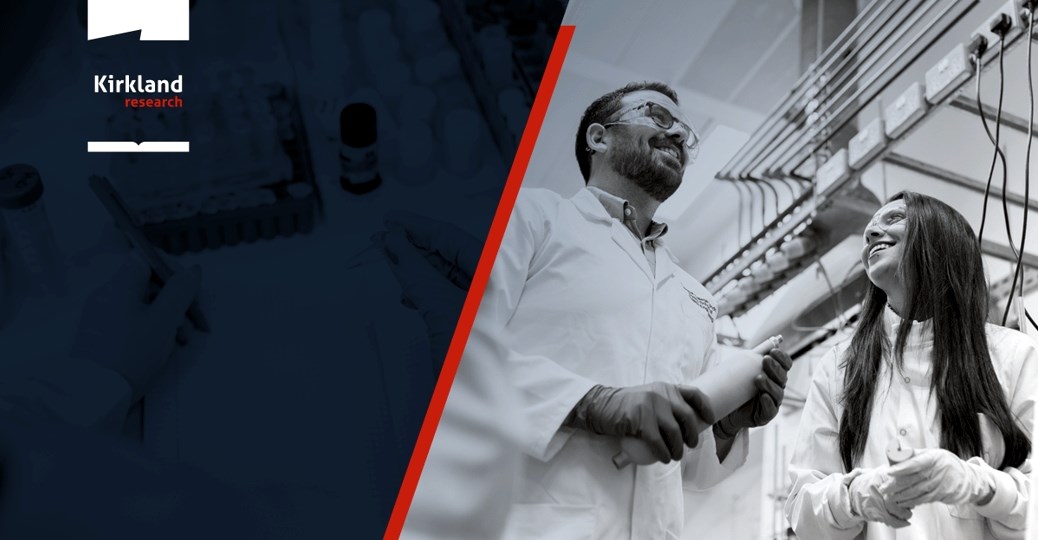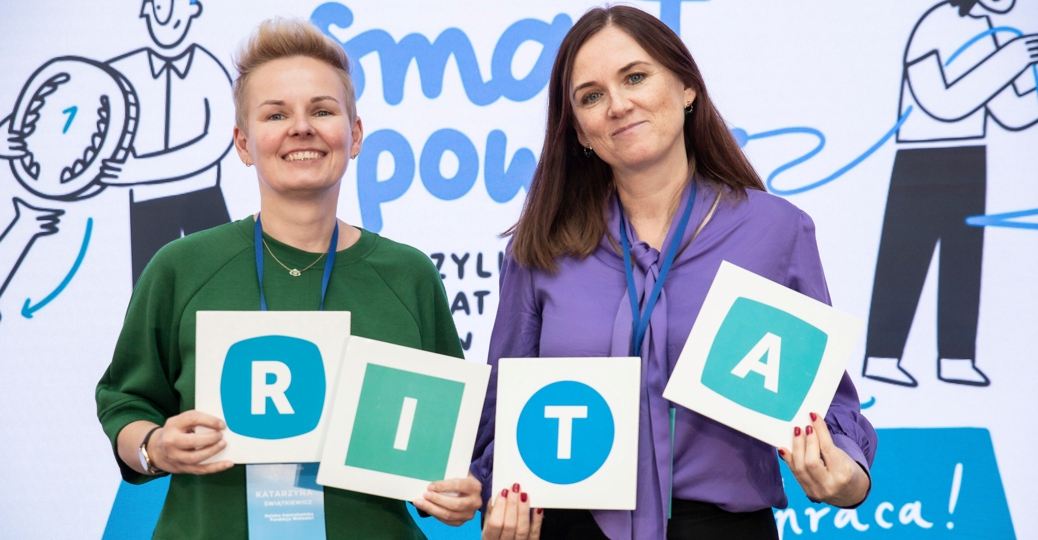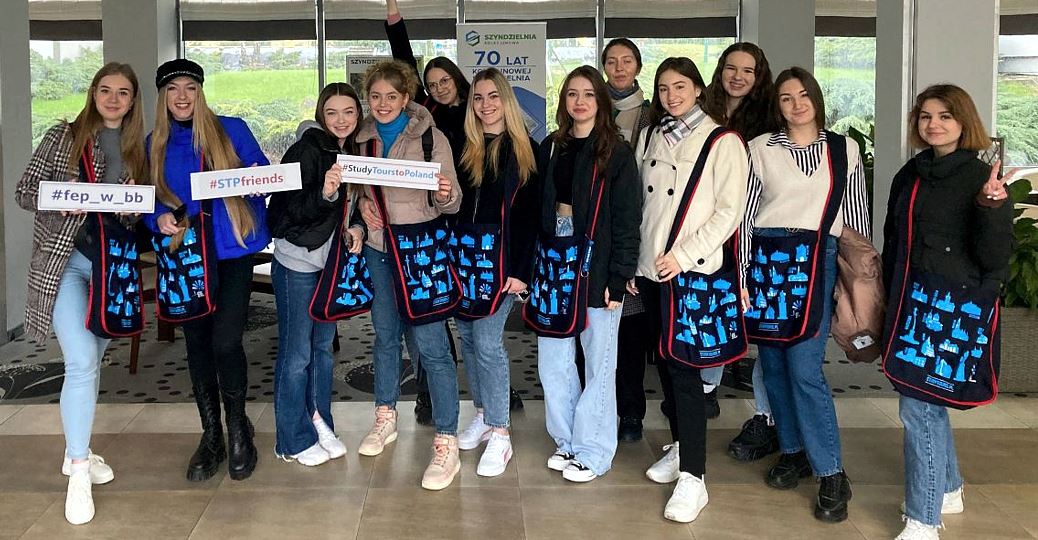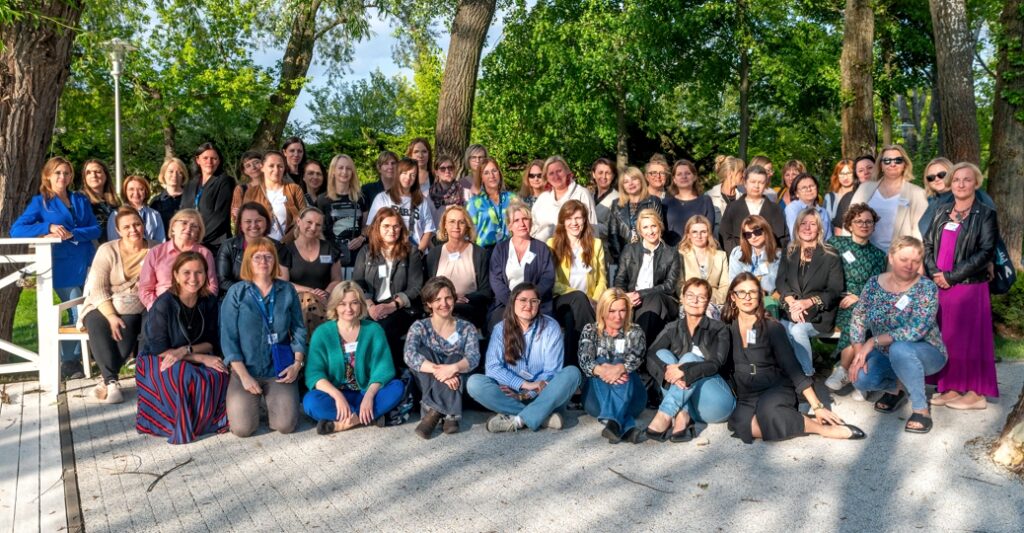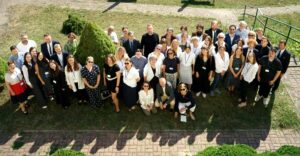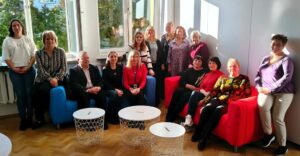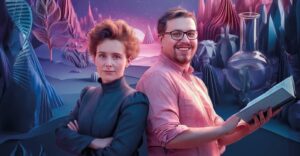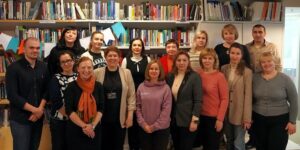This is the day when each student show their path of teaching development. The graduation ceremony was attended by Chief Operating Officer and Head of the PAFF Representative Office in Poland Director Grzegorz Jędrys as well as, among others, PAFF Program Director Marianna Hajdukiewicz.
24 Polish language, biology and mathematics teachers graduated from the postgraduate course for future teachers.
Prof. Jolanta Sujecka-Zając, Director of the School of Education, recalled the words spoken at the beginning of the academic year: “We invited you so that together we could overcome the inertia of the mind. We learned interaction, the formulation of concepts and goals, as well as critical thinking. You deserve to be here today and receive your diplomas.”
Marianna Hajdukiewicz expressed her gratitude for the reflections, challenges, and stories about change: “The School of Education is a very special place to learn. What makes it so unique? Perhaps it is the combination of the University of Warsaw and PAFF. Or maybe it is the coherent, practical program. Certainly, it is the staff and the team. But above all, it is you – your diligence, sensitivity, and emotions,” said the PAFF Program Director.
In turn, the students talked about the transformation they had undergone over the past 10 months. Iryna, a biology teacher from Ukraine, compared her path to changing the wheel gauge at the Ukrainian-Polish border: “When a train travels from Ukraine to Poland, it has to change its wheel gauge. It is a time-consuming, complicated process that requires work of many experts. My transformation as a teacher was similar. I thought that many methods could only work in non-formal education. At the School of Education, it turned out that they also work in my lessons.”
Joanna, also a biology teacher, spoke about her dream come true: “I waited 25 years for this. I gave up a secure job and commuted to Warsaw every day, but now I feel that I am not just a cog in the wheel. I have a real impact on my students.”
Many of our graduates devoted their presentations to the issue of equal treatment of students. Aleksander, until recently a pharmacist and now a biology teacher, emphasized the importance of noticing every student: “Very often, students ‘in the middle’ are completely invisible to teachers. They are the ones who can disappear most easily. What can I, as a teacher, do to change that? To make every student feel they are important. I deeply believe methods that give every student space are extremely important. We learned them throughout the year, modeling relationships at the student level,” Aleksander believes.
Among Polish language teachers, reflections on relationships and cooperation resonated strongly. “Work together, my dear, that is what your teacher is telling you,” became my teaching credo. Without cooperation, there is no community. This matured in me during tutorial meetings,” says Polish language teacher Anna.
Izabela, in turn, recalled her teaching intuition: “Deciding to come here, I knew that there must be methods that allow you to teach in different way. And I was not disappointed.”
Math teacher Alicja Nagiel admitted that for the first three months she did not sleep but analyzed her lessons. “I prepared scenarios for every situation in the classroom. And the lesson still would turn out differently than I had planned. It’s like the butterfly effect: one thing can change everything. Maybe I’m making my job harder, but I want my students to think, and that involves chaos. I consciously take that risk.”
In turn, according to Polish language teacher Piotr, school is a place where students discover their resources and learn communication skills. “I want my students to think that something is useful to them, rather than wondering if it will be on the exam. I don’t want my lessons to be full of ‘wow’ effects like TikTok videos, which we forget after 20 minutes,” Piotr declares.
Behind each of these speeches are many hours of work, difficult decisions, and the courage to introduce change. This is how teachers are born, whom we proudly bid farewell to today, believing that we are not disappearing from their lives. As Marianna Hajdukiewicz said: “The School of Education will always be with you.”









